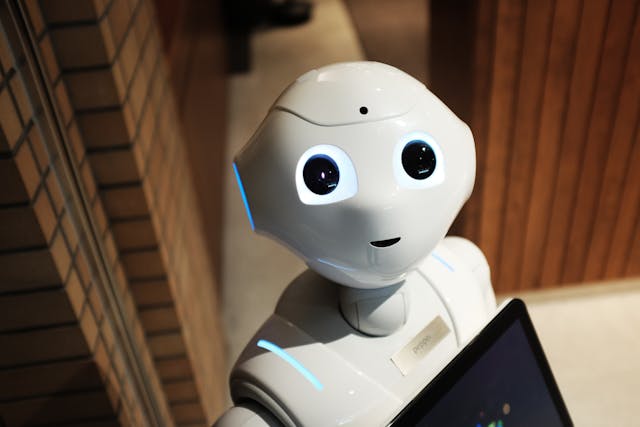Sustainability 101: What It Means and Why It’s Critical for Our Future
Sustainability is a word we hear a lot these days, but what does it really mean? At its core, sustainability is about meeting our needs today without stopping future generations from meeting theirs. This article breaks down the basics of sustainability and explains why it’s so important for the health of our planet and all living things.

What Is Sustainability?
Sustainability means using resources like water, energy, and materials in a way that doesn’t harm the environment or run out. It’s about balancing three key areas:
- Environment: Protecting natural resources and ecosystems.
- Economy: Supporting businesses and jobs that don’t damage the planet.
- Society: Ensuring communities have a good quality of life and fair opportunities.
When these three parts work together, we can live well without causing long-term harm.
Why Is Sustainability Important?
Our planet faces many problems like pollution, climate change, and loss of wildlife. These issues come from using too many resources too quickly or in harmful ways. If we don’t change how we live, future generations may face serious shortages of clean water, food, and clean air.
Sustainability helps protect the Earth’s systems that all life depends on. It ensures that natural resources are available for a long time and helps create a healthier world for everyone.
How Can We Practice Sustainability?
Everyone can take steps toward sustainability by:
- Reducing Waste: Recycle, reuse, and avoid single-use items.
- Saving Energy: Turn off lights, use energy-efficient appliances, and consider renewable energy.
- Conserving Water: Fix leaks and use water wisely.
- Choosing Sustainable Products: Buy items made from recycled materials or that last longer.
- Supporting Local and Ethical Businesses: Help companies that care about the environment and workers.
Small changes in daily life can make a big difference when many people do them.
The Role of Governments and Businesses
Governments create laws and policies that encourage sustainable practices, like protecting forests and reducing pollution. Businesses innovate by developing eco-friendly products and reducing their environmental impact.
Collaboration between individuals, companies, and governments is key to making lasting progress.

Final Thoughts
Sustainability is about caring for our planet so that people now and in the future can enjoy a healthy life. It’s a shared responsibility that touches every part of our lives—from the food we eat to the energy we use.
By learning about sustainability and making thoughtful choices, we help protect the Earth and build a better future for all.












